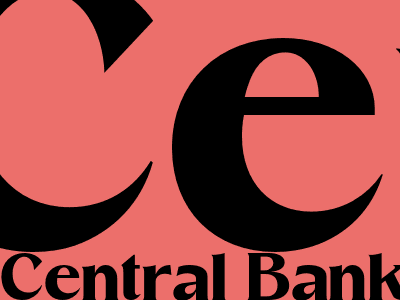
Inflation impact raises cost of living in Russia
Consumer credit in Russia rises in January
The Central Bank of the Russian Federation (CBR) reported that consumer credit in Russia increased by 1.2% in January 2023 compared to December 2022, reaching 26.9 trillion rubles (US$361 billion).
This increase is attributed to the rising cost of living in Russia due to inflation. In January, annual inflation reached 11.9%, the highest level since April 2016.
The CBR has been raising interest rates to curb inflation. In February, the CBR raised its key interest rate by 100 basis points to 9.5%. This is the highest level since March 2014.
Impact on consumers
The rising cost of living and interest rates are putting a strain on Russian consumers. Real wages have been declining for several months, and consumer confidence is at a low level.
Many Russians are struggling to make ends meet. A recent survey found that 40% of Russians have cut back on their spending in the past year.
Impact on businesses
The rising cost of living is also having an impact on businesses. Many businesses are facing higher costs for raw materials and labor.
Some businesses are passing on these costs to consumers in the form of higher prices. Others are cutting back on production or laying off workers.
Outlook
The outlook for the Russian economy is uncertain. The CBR has forecast that inflation will remain high in 2023, averaging 5-7%. The CBR has also warned that the economy could contract by 1-4% in 2023.
The impact of the rising cost of living and interest rates on Russian consumers and businesses will continue to be a major challenge in 2023.